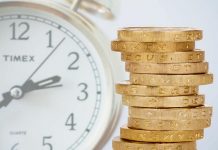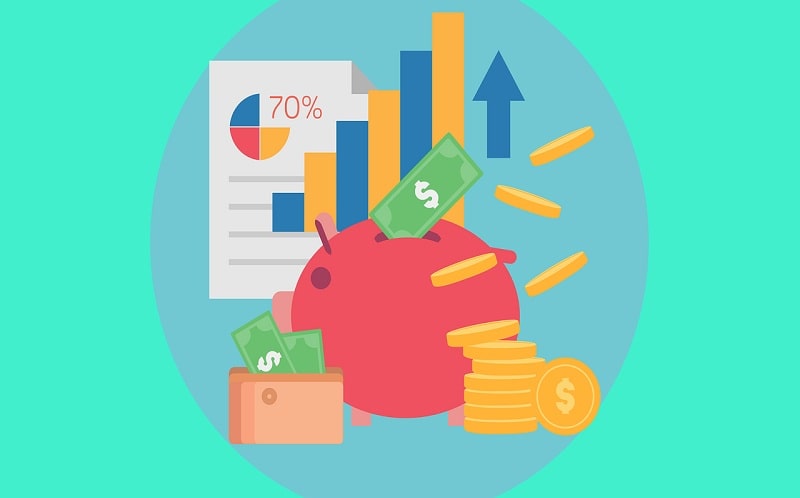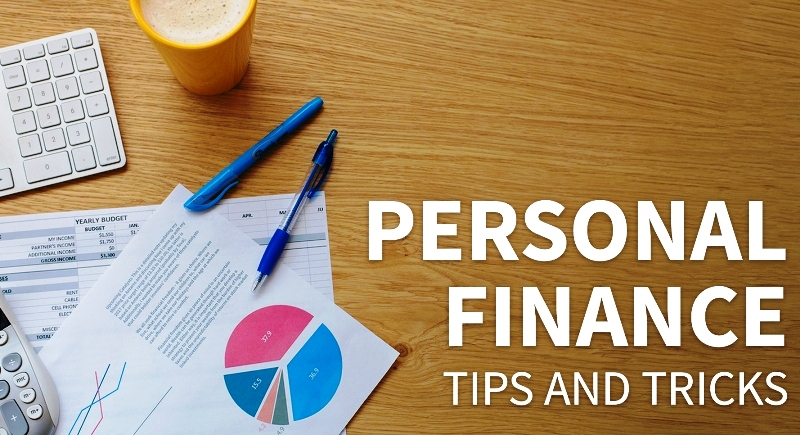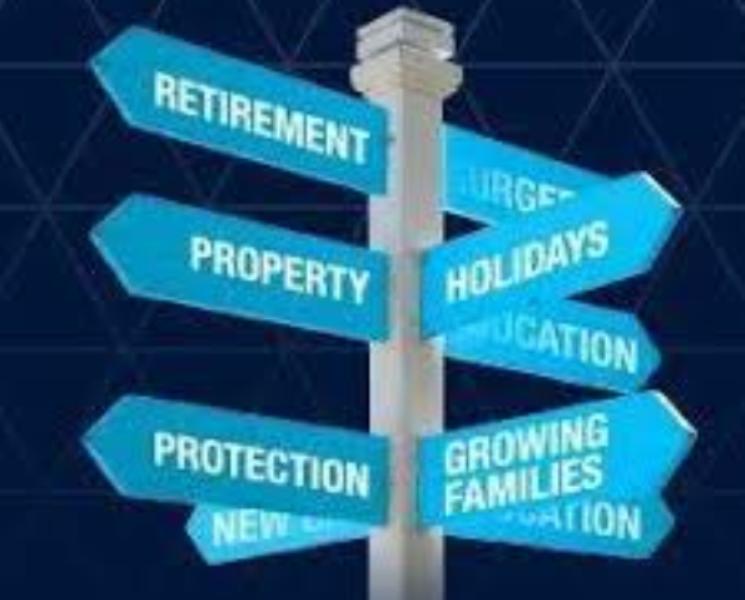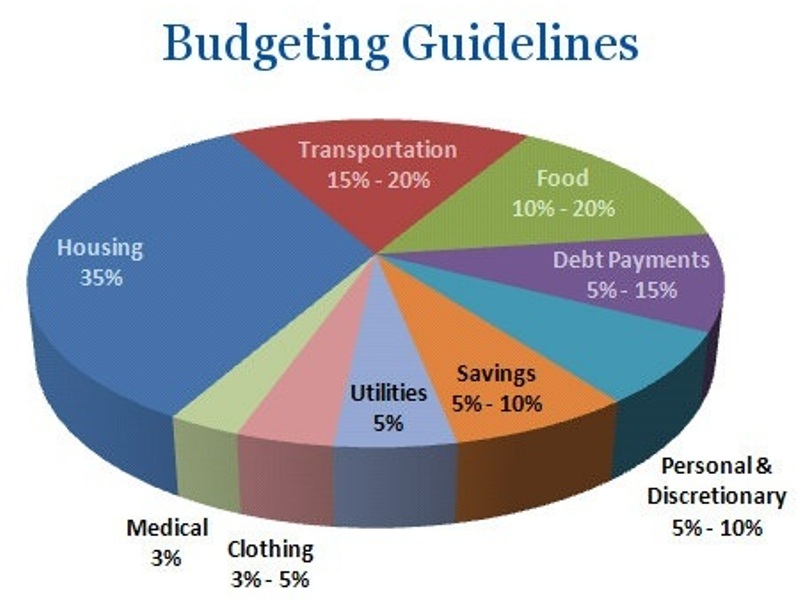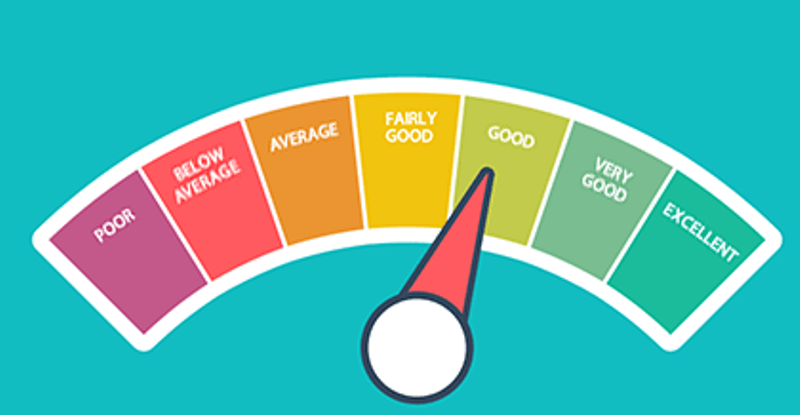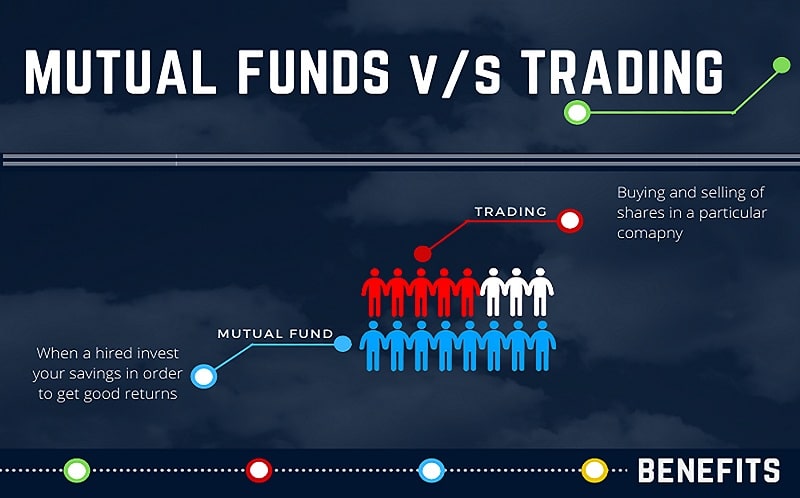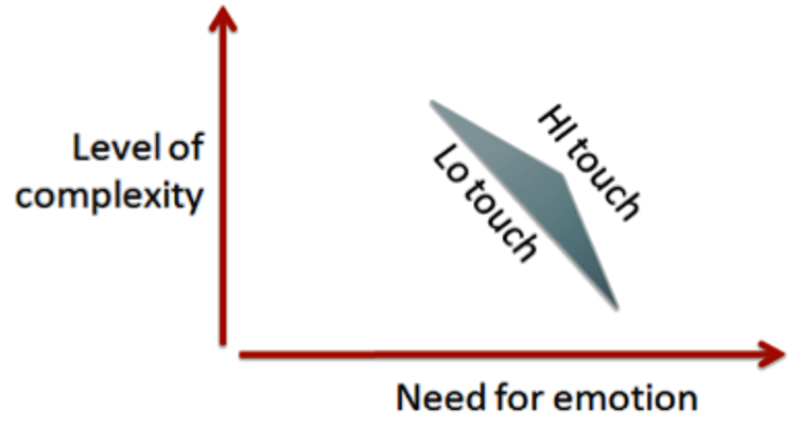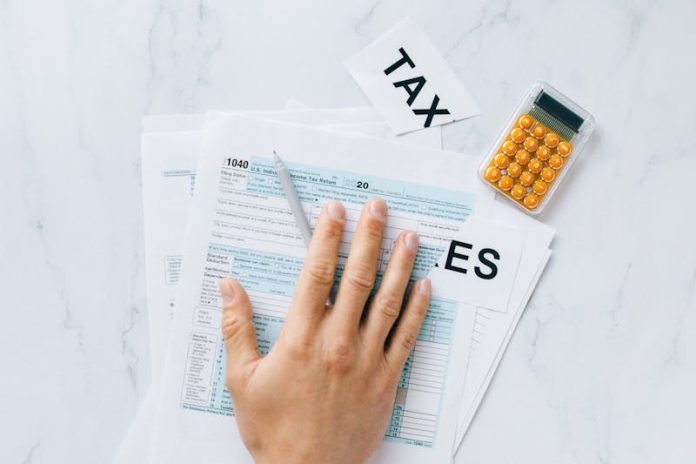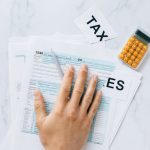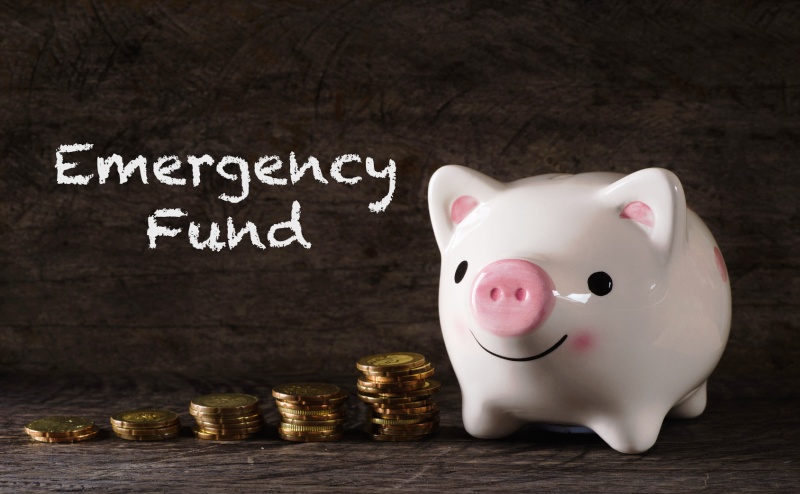Tax is one of the most difficult issues to understand when it comes to running a business or beginning a new one. However, it is critical to understand the tax responsibilities that come along with running a small business and to make proper preparations for the taxes that must be paid. Keep In Mind Tax Preparation Before You Pay Your Business Tax carefully.
No matter how long you’ve been in business or how new you are, it never hurts to brush up on your knowledge of small business tax filing. Using this information, you may figure out how much tax your small business must pay.
But first, let’s go over some of the most basic concepts in taxation, shall we?
A Look at the Effects of Taxation on Business
As taxable income increases, so does the amount of tax that must be paid by your business. Before making a calculation, any deductions from your taxable income are removed.
Assessable income, in the broadest sense, is the revenue generated by your business. It includes all of your gross revenue (before taxation) from your regular business operations (such as sales) as well as other sources of income (such as investment gains) that are not related to your regular business operations. There is no Goods and Services Tax (GST) included in the price.
Utilizing a temporary technique to deduct the entire cost of company assets
With this rule, eligible corporate assets like cars, machinery, and equipment can be deducted from your taxable income in the year of purchase.
To be eligible for a 2022 tax deduction for asset purchases, your company must meet the qualifying criteria. If they have had their first use or are installed and ready for use within the time limits stipulated by the ATO, they will be eligible for exemption.
Please check out the ATO’s website for more information.
Claiming the whole cost of the company’s assets amassed over time.
In most cases, the tax advantages of purchasing a fixed asset are not immediately available (except in special circumstances like the instant asset write-off – see above.) Asset costs are claimed over time rather than upfront, reflecting the reality that their value has fallen over time. Most people use the term “tax depreciation” to describe this process. Tax depreciation is a difficult process that may be affected by several different rules, depending on the type of asset and the intended use. Simplified depreciation standards may also be used to calculate tax depreciation claims by some small enterprises.
Consult a tax specialist who has the necessary training if you require any additional assistance. Information can also be accessed on the ATO’s website.
Third, pre-paid costs.
You may be eligible to deduct a portion of the expenditures of running your own business from your taxable income. Expenses that are paid in advance are included.
Some of your expenses can be deducted more heavily in the year they were paid if paid in full before June 30th, if a portion of them were paid in advance. Expenses that last less than or equal to a year, such as annual premiums, utility bills, or professional subscriptions, are eligible for tax deductions. Taking use of them this year could result in a rise in your tax bill next year if you don’t take advantage of them in the future.
Please check out ATO’s website for more information.
Business accounts and loan expenses
Consider whether or not you may deduct the fees and interest you pay on business accounts and loans when filing your taxes.
Fifth, donations to individual retirement accounts are exempt from federal income taxes.
To claim a tax inference for contributions to a qualified super fund, you must be under the age of 751 and have made personal contributions. The work test must be passed by those between the ages of 67 and 74 before they can contribute. If you want to be eligible for this test, you need to have worked 40 hours per week for at least 30 days straight in a fiscal year.
If you’re between the ages of 67 and 74 at the time of your contribution, you might be able to continue making unpaid contributions for an additional year after the end of the financial year in which you last met the required work test thanks to the work test exemption, which goes into effect on July 1, 2019. If you were between the ages of 67 and 74 when the contribution was made, you are eligible for this opportunity.
You must acquire a written acknowledgment from the super fund for a valid notice. If you’re interested in learning how to deduct personal contributions from your taxes, head over to the ATO’s website.
Conclusion
Aside from taxes, there are many other charges that you must bear to keep your business running or to help you earn money from it. The Australian Taxation Office (ATO) website or a tax advisor can provide you with a piece of additional information on deductions you can claim.




